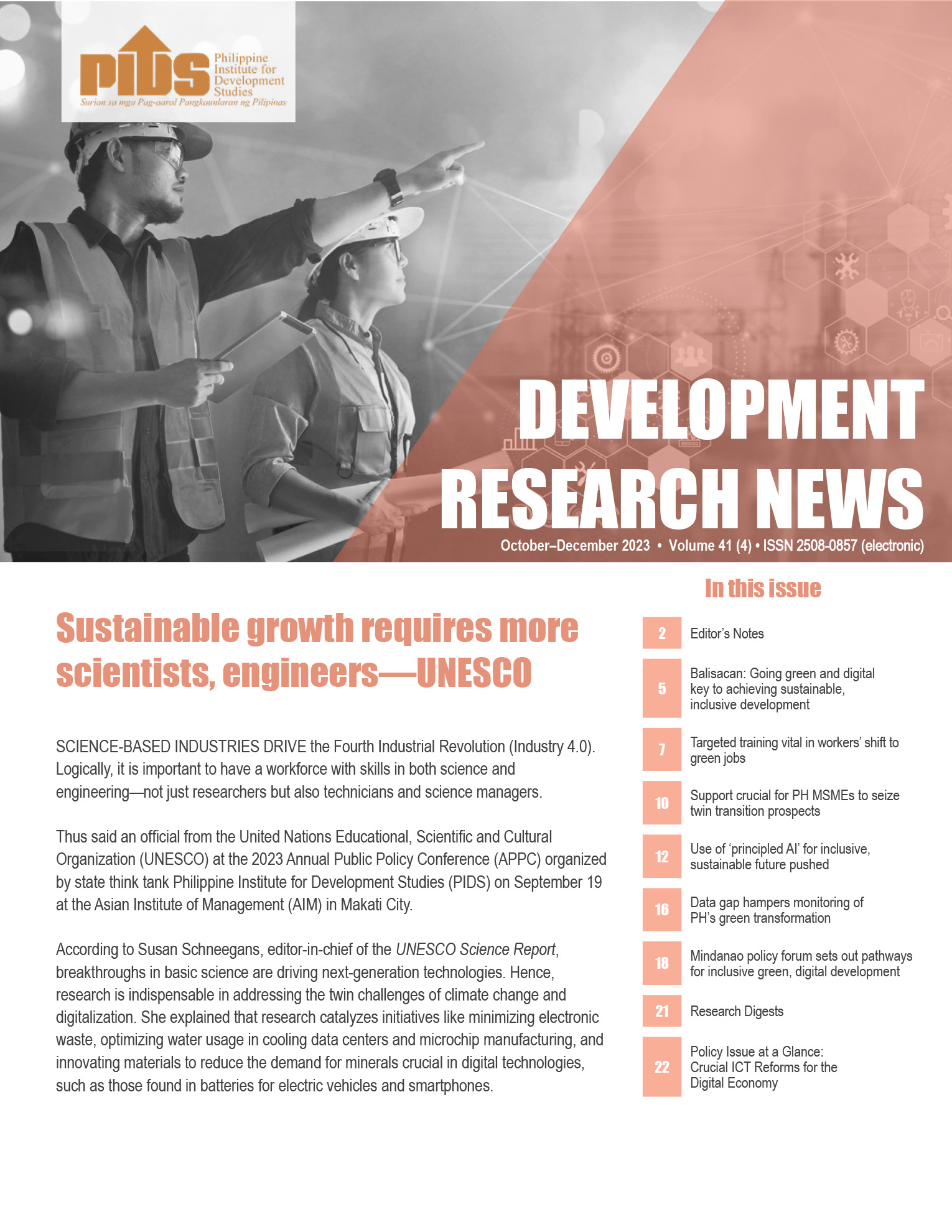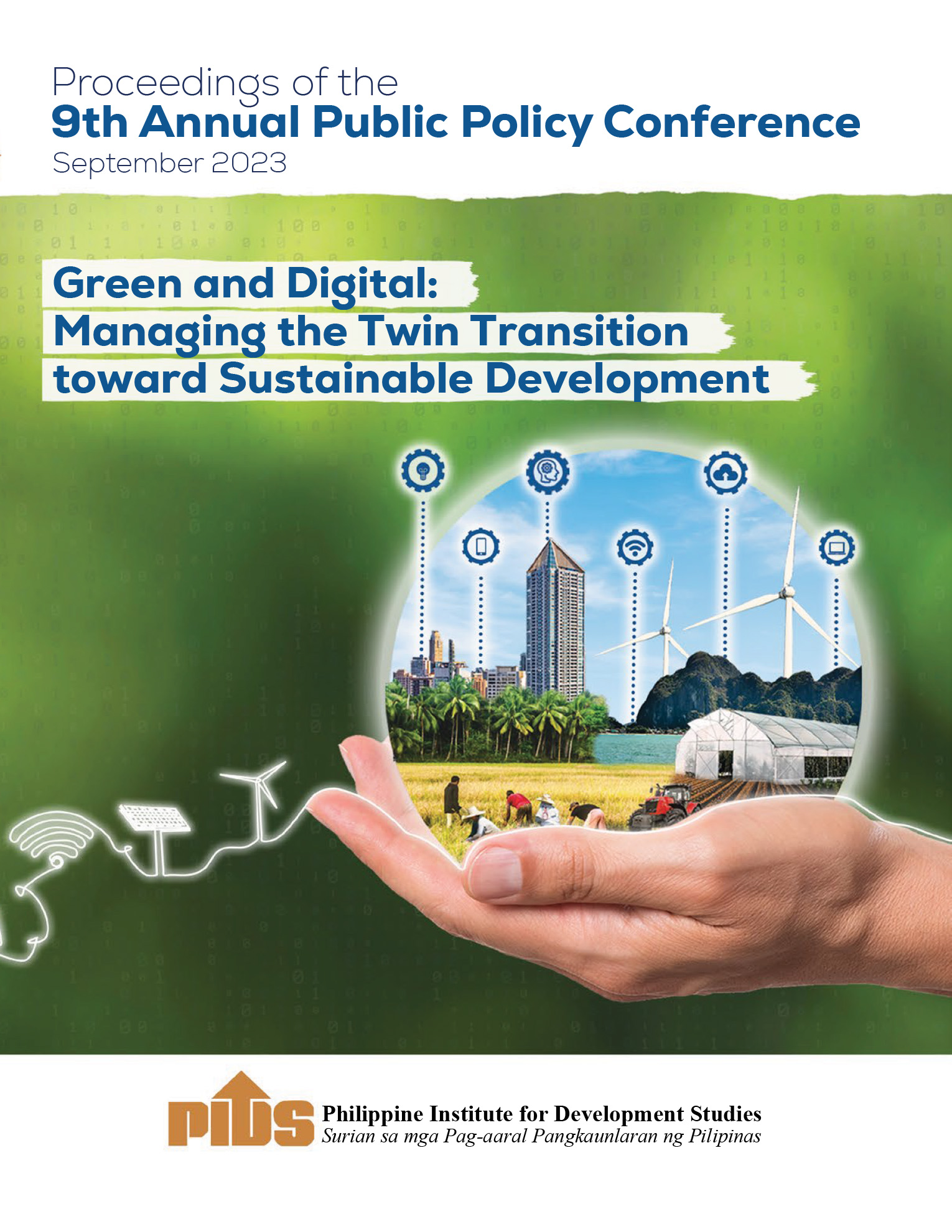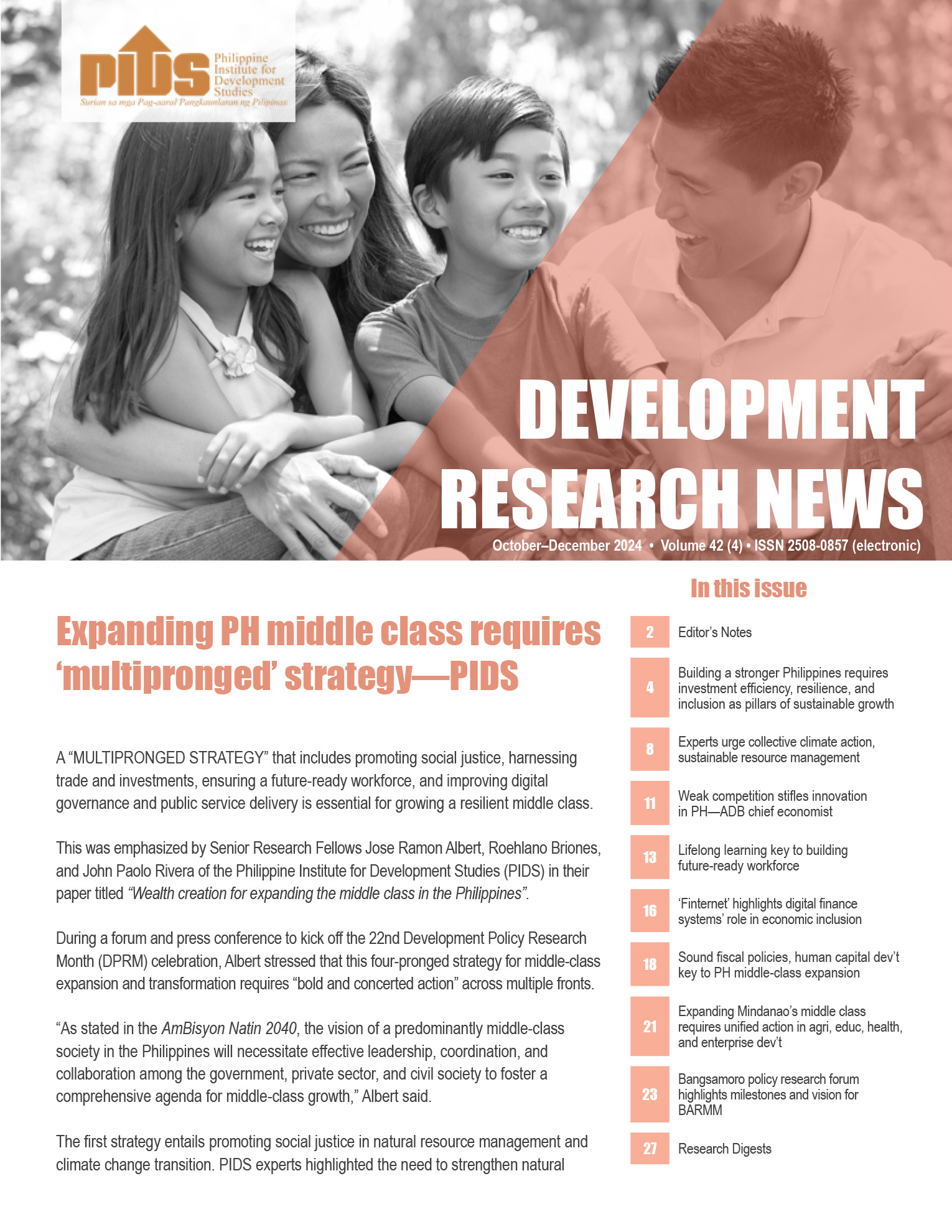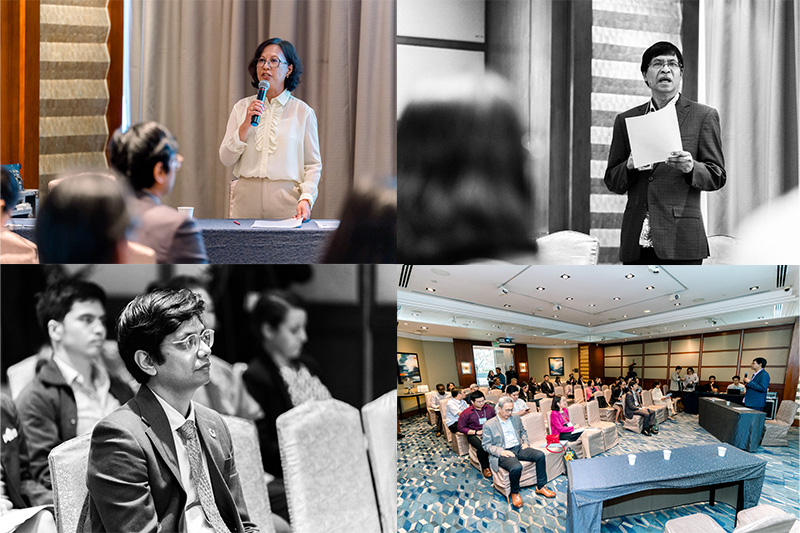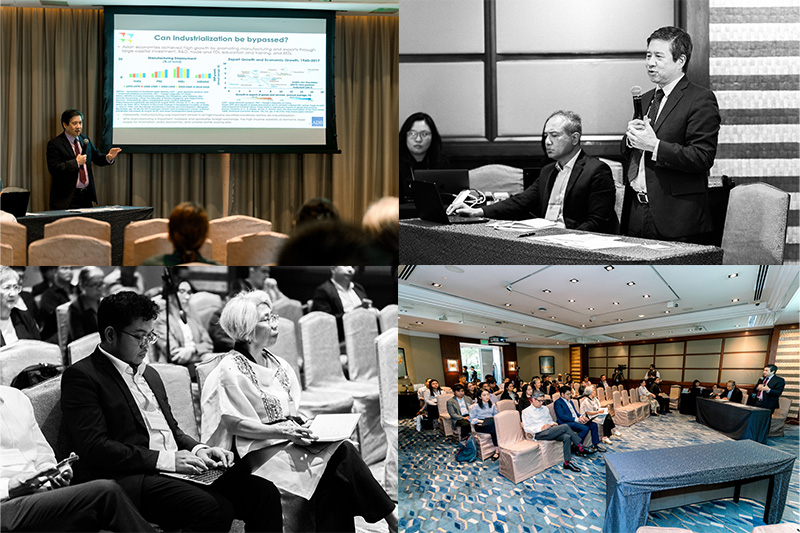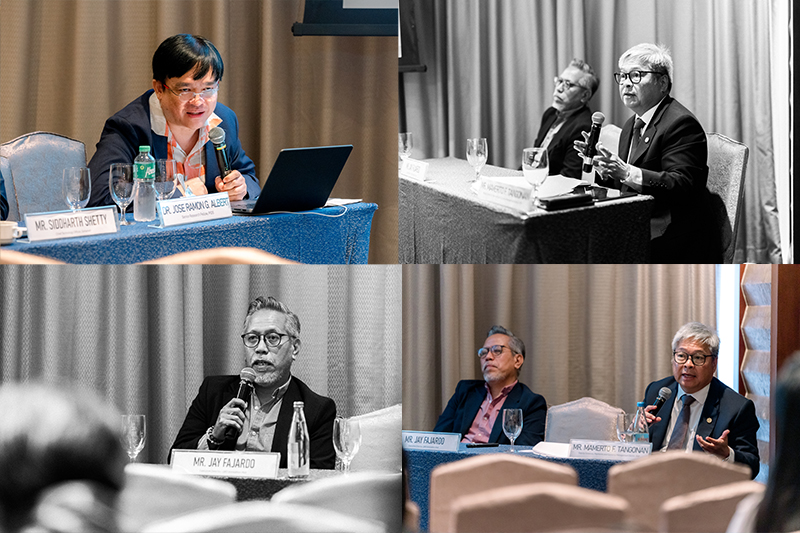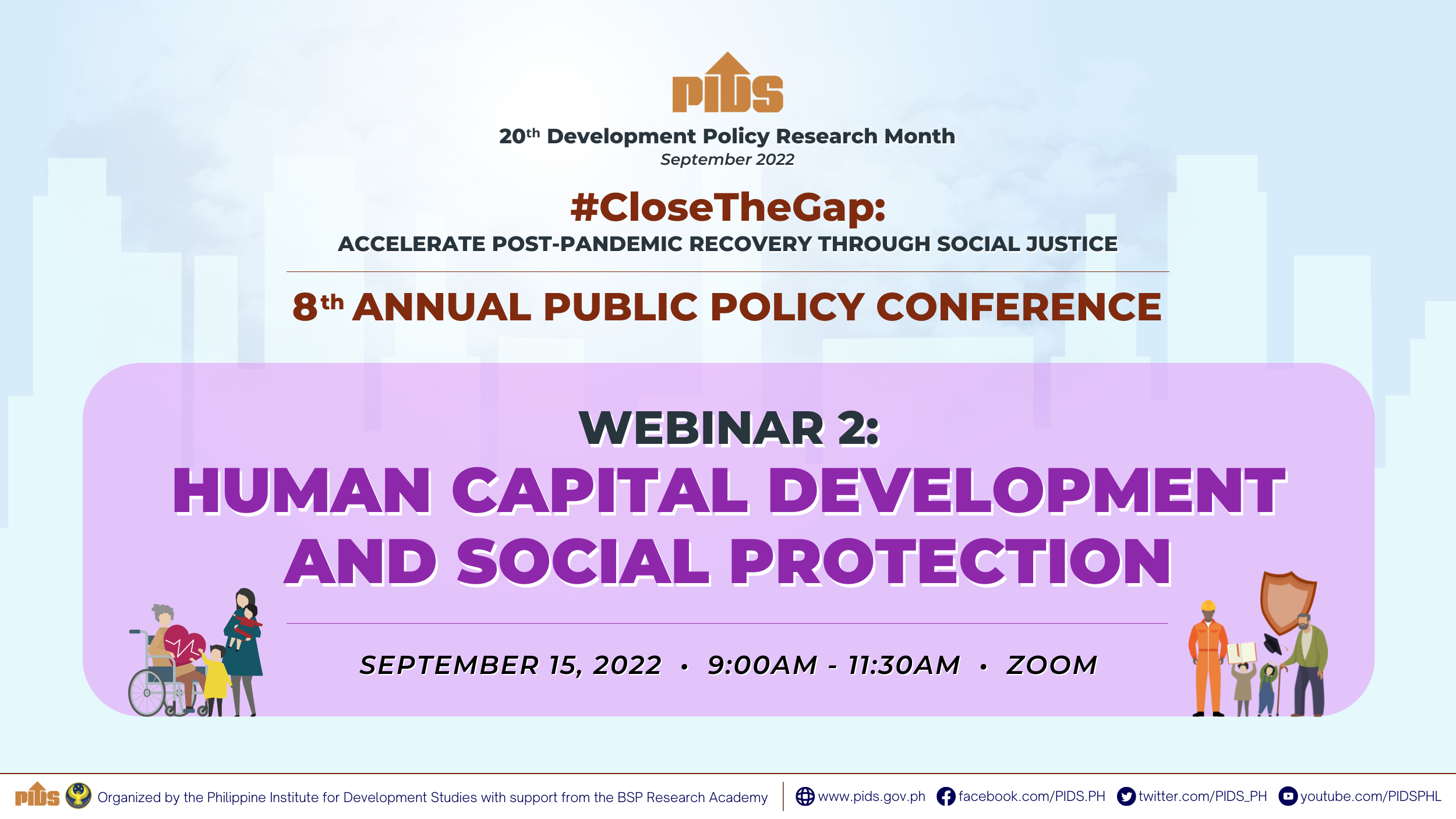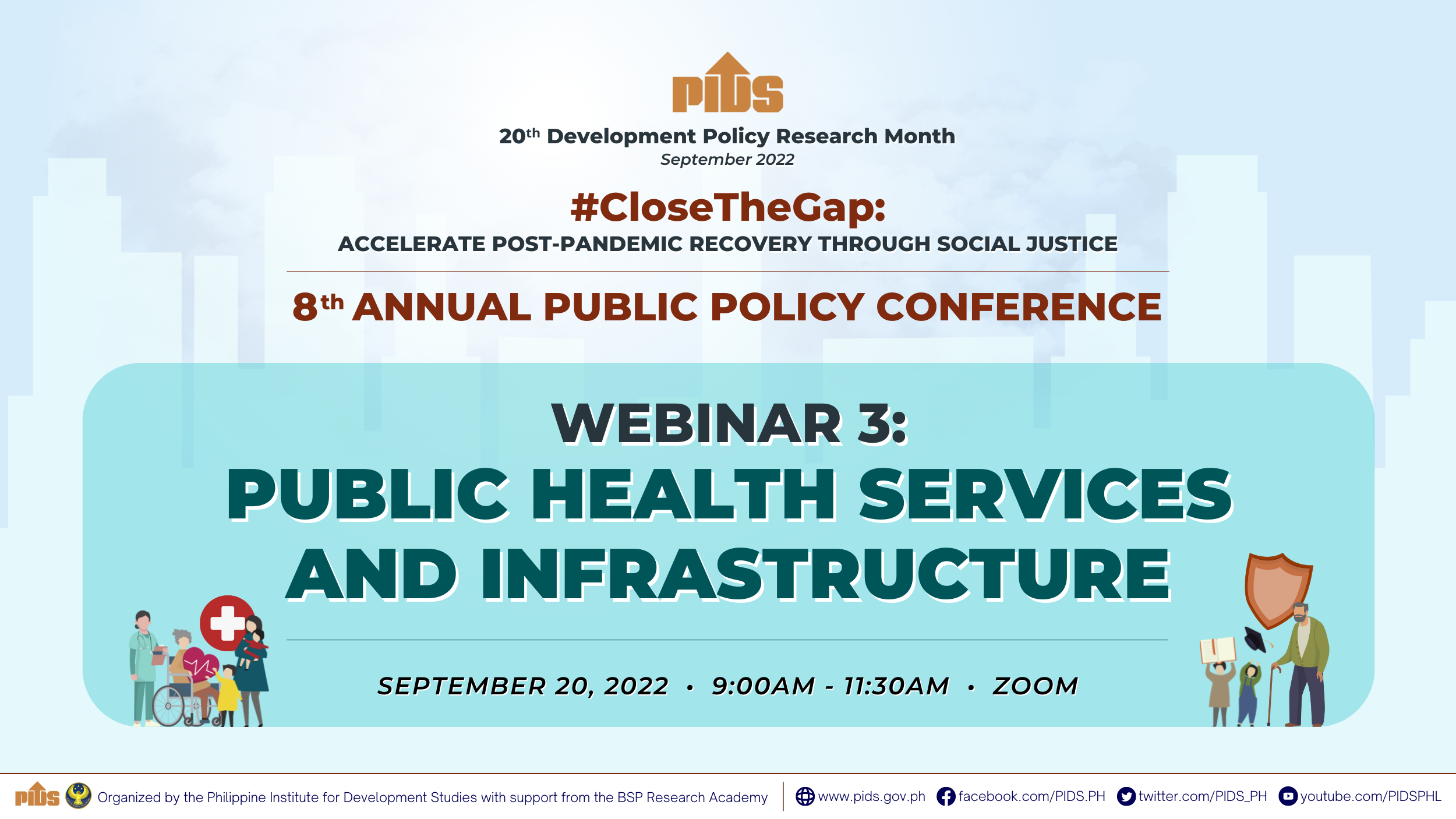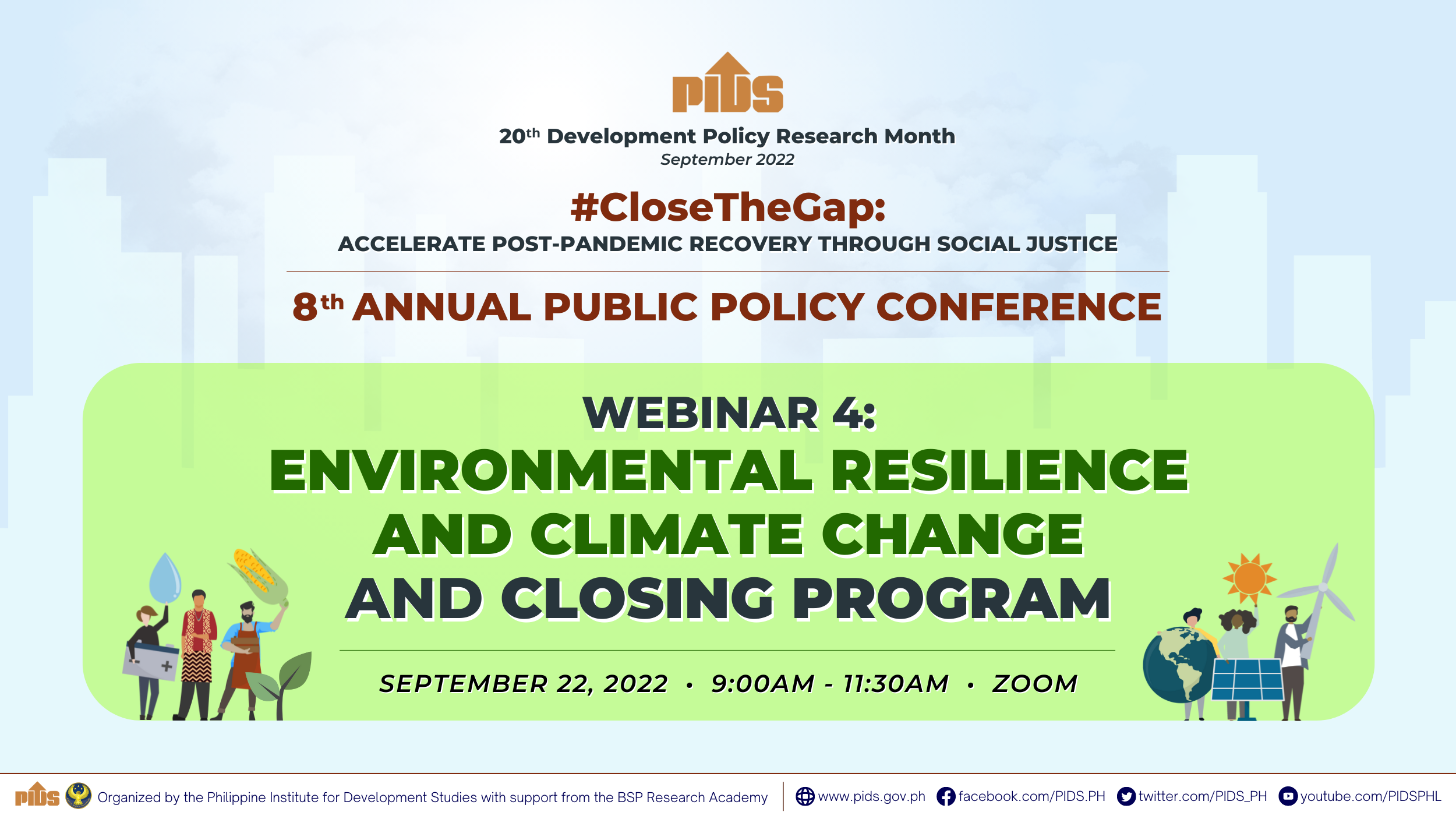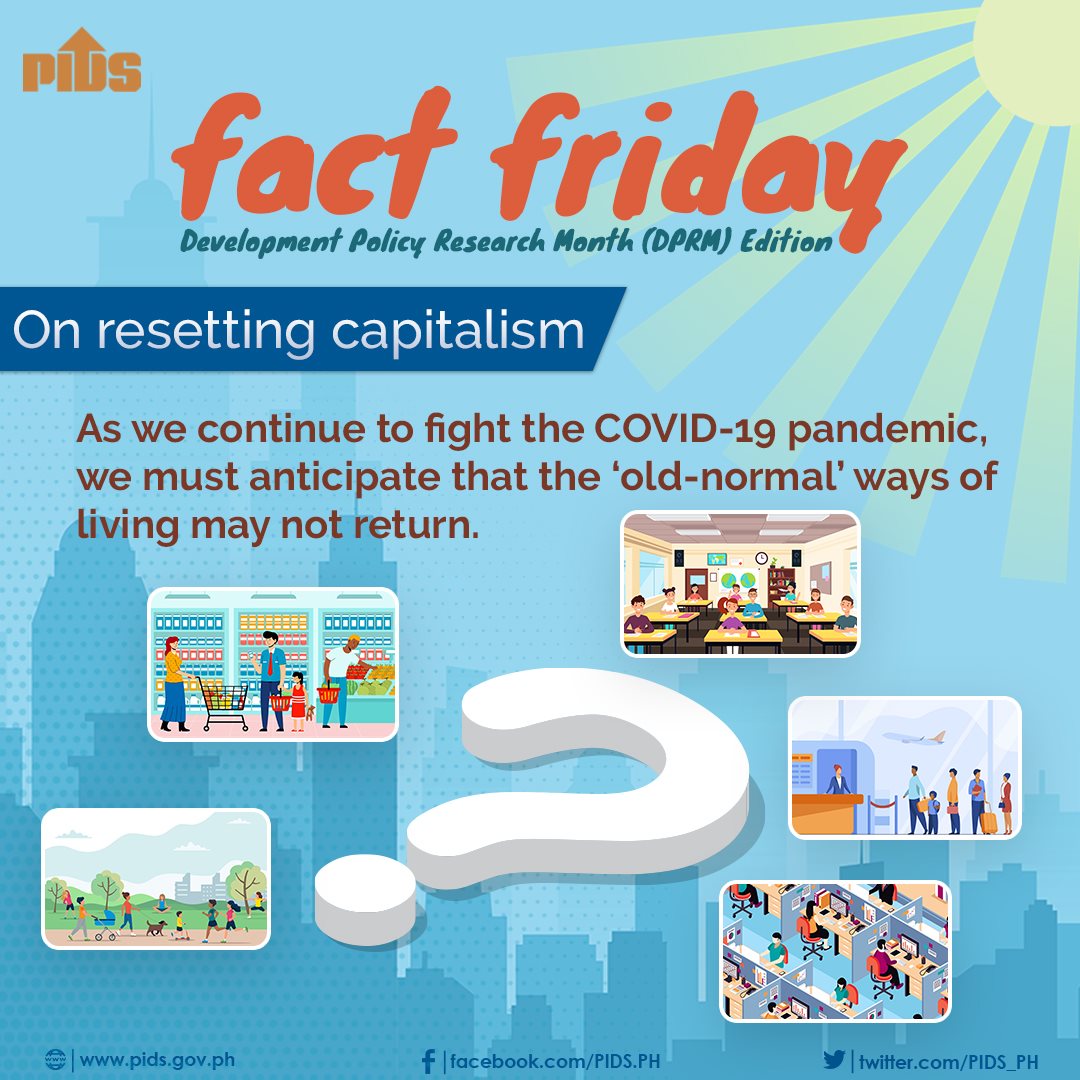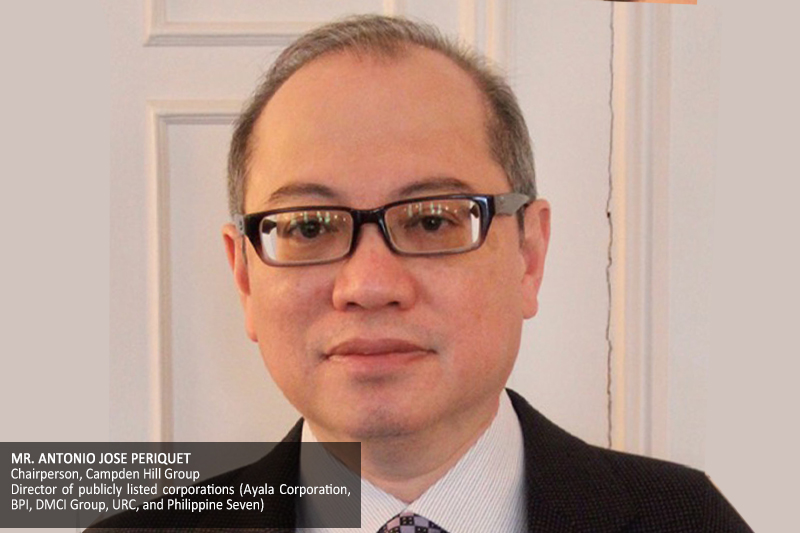
“We have a ‘broken’ capitalist system,” Antonio Jose Periquet, chairperson of Campden Hill Group and director of publicly listed corporations, said during the first of the four-part webinar series of the 7th Annual Public Policy Conference (APPC).
Periquet, a panelist at the webinar, explained that the persistence of negative externalities and the existence of imperfect competition are proof that a broken capitalist system exists in the Philippines.
For instance, he disclosed that some property developers are being tolerated to disregard urban zoning restrictions while some of them are awarded projects that have land reclamation permits without consulting surrounding communities and conducting public bidding.
Periquet added that the Philippines has some of the highest industry concentration ratios in the region, which indicates a lack of competition in many sectors. Thus, local firms tend to become price setters instead of price takers.
To fix the country’s broken capitalist system, University of Chicago Booth School of Business’ Stigler Center Faculty Fellow and Professor Luigi Zingales, a speaker at the webinar, suggested some strategies like changing corporate behavior and strengthening government agencies tasked to “police” corporations.
Periquet concurred with Zingales’ view that changing corporate behavior is feasible for publicly listed companies. However, he noted that the problem lies with the majority of firms that are not publicly listed—in most cases, the small and medium enterprises fully owned by single proprietors and are not subject to pressure from the capital markets.
“These institutions may not exactly be powerful enough to be rule makers, but given our weak institutions, they can get away with being rule breakers. They are, in effect, accountable to no one and are almost single-mindedly profit-oriented. Some do not [even] pay minimum wages and taxes,” he said.
Another issue is the unequal burden-sharing and the potential loss of competitiveness.
“Good behavior, as we know, is many times more expensive than bad behavior (for instance, becoming environmentally compliant). In an extremely price-conscious market such as the Philippines, compliance can mean loss of market share unless everybody in the sector is forced to comply,” he said.
Periquet urges the government to progress toward good governance by strengthening rule-setting institutions to become impervious to external influence. According to him, it may not be possible to completely stop capitalists from lobbying, but through campaign finance reform and with the help of a “free and fearless” press, it is possible to limit the amounts they can lawfully contribute to a campaign.
Moreover, economic legislation to promote greater competition by removing restrictions to foreign ownership may be considered.
The APPC is the main and culminating activity of the Development Policy Research Month celebration led by the Philippine Institute for Development Studies every September. This year’s theme is “Reset and Rebuild for a Better Philippines in the Post-Pandemic World”, or in Filipino, “Muling Magsimula at Magtayo Tungo sa Mas Matatag na Pilipinas Pagkatapos ng Pandemya”.###
You may watch the APPC webinar on “Resetting Capitalism” at https://fb.watch/80cNUo490z/ or https://www.youtube.com/watch?v=TEEuBdc2Epk.
Periquet, a panelist at the webinar, explained that the persistence of negative externalities and the existence of imperfect competition are proof that a broken capitalist system exists in the Philippines.
For instance, he disclosed that some property developers are being tolerated to disregard urban zoning restrictions while some of them are awarded projects that have land reclamation permits without consulting surrounding communities and conducting public bidding.
Periquet added that the Philippines has some of the highest industry concentration ratios in the region, which indicates a lack of competition in many sectors. Thus, local firms tend to become price setters instead of price takers.
To fix the country’s broken capitalist system, University of Chicago Booth School of Business’ Stigler Center Faculty Fellow and Professor Luigi Zingales, a speaker at the webinar, suggested some strategies like changing corporate behavior and strengthening government agencies tasked to “police” corporations.
Periquet concurred with Zingales’ view that changing corporate behavior is feasible for publicly listed companies. However, he noted that the problem lies with the majority of firms that are not publicly listed—in most cases, the small and medium enterprises fully owned by single proprietors and are not subject to pressure from the capital markets.
“These institutions may not exactly be powerful enough to be rule makers, but given our weak institutions, they can get away with being rule breakers. They are, in effect, accountable to no one and are almost single-mindedly profit-oriented. Some do not [even] pay minimum wages and taxes,” he said.
Another issue is the unequal burden-sharing and the potential loss of competitiveness.
“Good behavior, as we know, is many times more expensive than bad behavior (for instance, becoming environmentally compliant). In an extremely price-conscious market such as the Philippines, compliance can mean loss of market share unless everybody in the sector is forced to comply,” he said.
Periquet urges the government to progress toward good governance by strengthening rule-setting institutions to become impervious to external influence. According to him, it may not be possible to completely stop capitalists from lobbying, but through campaign finance reform and with the help of a “free and fearless” press, it is possible to limit the amounts they can lawfully contribute to a campaign.
Moreover, economic legislation to promote greater competition by removing restrictions to foreign ownership may be considered.
The APPC is the main and culminating activity of the Development Policy Research Month celebration led by the Philippine Institute for Development Studies every September. This year’s theme is “Reset and Rebuild for a Better Philippines in the Post-Pandemic World”, or in Filipino, “Muling Magsimula at Magtayo Tungo sa Mas Matatag na Pilipinas Pagkatapos ng Pandemya”.###
You may watch the APPC webinar on “Resetting Capitalism” at https://fb.watch/80cNUo490z/ or https://www.youtube.com/watch?v=TEEuBdc2Epk.

